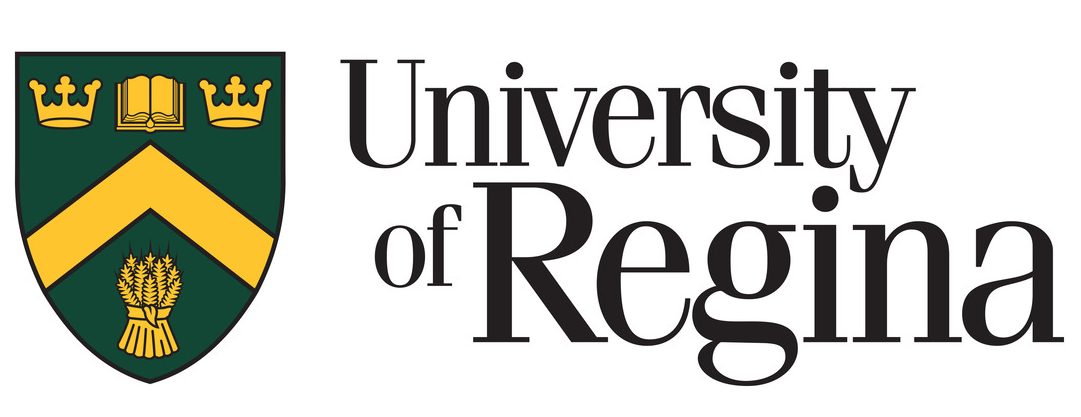What to do if your teaching materials have been posted online without your permission
Sites like Course Hero and OneClass are online learning platforms that encourage students to share and access course-specific study resources. Even though these platforms make some efforts to ensure that materials posted are owned by the student, unfortunately instructors’ materials are increasingly being shared on these sites without permission. This type of Internet sites have a legal obligation to address any requests from copyright owners to remove the unauthorized material.(For further information, see Notices to Canadian Internet Subscribers.)
As an instructor at the University of Regina, you own the intellectual property of your teaching materials such as lecture notes, Power Point slides, lab manuals, syllabi, videos and streamed lectures. Many students have not encountered or had experience with this type of ownership and consequently, they may breach the copyright owner’s rights. For this reason, it is important to remind students that copyright infringement, plagiarism, cheating or enabling these actions for others have serious disciplinary implications under the University of Regina’s Student Code of Conduct and Right to Appeal. It is critical to inform students about how they can use your work and that of others in their research and education through notices in your syllabi and a conversation at the beginning of class or both.
Finding your course material online
Here are some of the sites commonly used by students to post instructor materials. A simple search in the most popular sites (see below) for your name and/or class number filtered by institution will often locate the most serious instances of unauthorized distribution. To get more information about how to search for your teaching materials posted without your consent, you may consult Cornell University’s Copyright Information Centre.
If you notice your material on these sites, you should contact the website to have the material removed. Here is a Take Down Notice template. Here are some major examples of such sharing sites.
- Chegg: You may search for your content on Chegg.com by copy/pasting in exam questions or other key phrases in the search bar.
- CourseHero: You may search for your course on https://www.coursehero.com/ by going to “Find Study Resources” in the top menu, selecting “By School,” typing in University of Regina, and locating your course. If you find your material posted, you may submit a takedown request here: https://www.coursehero.com/copyright-infringement/#/
- StudyPool: If you find your material on https://www.studypool.com/, email legal@studypool.com following the process outlined at https://www.studypool.com/dmcapolicy
- Scribd: If you find your material on https://www.scribd.com (you may click on the menu icon on the left to show the search bar), submit takedown requests at https://support.scribd.com/hc/en-us/sections/202246086-Copyright-and-DMCA
- GitHub: If you find your material on https://github.com/, fill out form at https://github.com/contact/dmca
- Quizlet: If you find your material on https://quizlet.com, fill out form at https://help.quizlet.com/hc/en-us/articles/360029925172-Copyright-basics
- Studymode: If you find your material on https://www.studymode.com, email bnedDMCA@bned.com following procedures at https://www.studymode.com/company/copyright/
- Quora: If you find your material on https://www.quora.com, email copyright@quora.com following procedures at https://www.quora.com/about/copyright
- Koofers: If you find your material on https://www.koofers.com, email copyright@koofers.com following procedures at https://www.koofers.com/terms-of-use
- CampusBuddy: If you find your material on https://www.campusbuddy.com, email copyright@campusbuddy.com following procedures at https://campusbuddy.com/copyright-policy/
Sharing your Material
Alternatively, if you are OK with students posting some, or all, of your material online, you can consider communicating to them that you are making specific course materials available using a Creative Commons License that will enable them to do so. (Please see the Creative Commons site to choose the most applicable license type.)
Student responsibility and ownership
As creators, students are permitted to post their own intellectual property such as lecture notes, essays, or other personally created materials in any way they like. They may also post short excerpts of your work to non-commercial sites, for fair dealing purposes (such as criticism, review, education or news reporting). It is also important to remind students that they often give up rights to their work when they agree to the terms of the website making their work available. Many assignments or student works are produced as a collaboration with fellow students. For such works, permission from each contributor must be obtained before the materials can be shared beyond the group.
Useful links
Useful link: Cornell University guide to copyright management for course instructors: https://copyright.cornell.edu/course_material
Sources used/ consulted:
We acknowledge that this page draws substantially on the following sources.
- Sites Commonly Used to Post Student Info, Chapman University
- Unauthorized Sharing of Teaching Materials, University of New Brunswick Libraries
Additional References
- Academic Integrity Office, UC San Diego. Detecting Contract cheating. https://academicintegrity.ucsd.edu/_files/Detecting%20Contract%20Cheating.pdf
- Contract Cheating, Academic Integrity Guide for Students, Camosun College
- Dawson, Philip, Deakin University. The Prevention of contracting cheating in an online environment. https://www.teqsa.gov.au/sites/default/files/prevention-contract-cheating-in-online-environment-web.pdf?v=1587691121
- Edith Cowan University. Contract cheating the warning signs when marking. https://intranet.ecu.edu.au/__data/assets/pdf_file/0011/828776/Contract-Cheating-the-warning-signs-when-marking-Aug2019.pdf
- What is Contract Cheating? Academic Integrity & Avoiding Plagiarism, Mount Saint Vincent University Library & Archives
- Simon Fraser University. Contract Cheating Resource Wiki. https://wiki.its.sfu.ca/personal/erg/index.php/Main_Page
- Taylor Institute for Teaching and Learning, University of Calgary. 15 Strategies to Prevent Contract Cheating. https://lc.ucalgary.edu.qa/ld.php?content_id=63573947
- 15 Strategies to Detect Contract Cheating[PDF], Taylor Institute for Teaching and Learning, University of Calgary
- University of Manchester. Contract Cheating: A Quick Guide by Institute for Teaching and Learning. https://documents.manchester.ac.uk/display.aspx?DocID=51107
- University of New Brunswick. Unauthorized Sharing of Teaching Materials. https://lib.unb.ca/copyright/inappropriate-sharing-my-teaching-materials
- What is Contract Cheating? Why does it Matter? Turnitin
- Contract Cheating in Canada: Exploring Legislative Options [YouTube], Taylor Institute for Teaching and Learning, University of Calgary.
